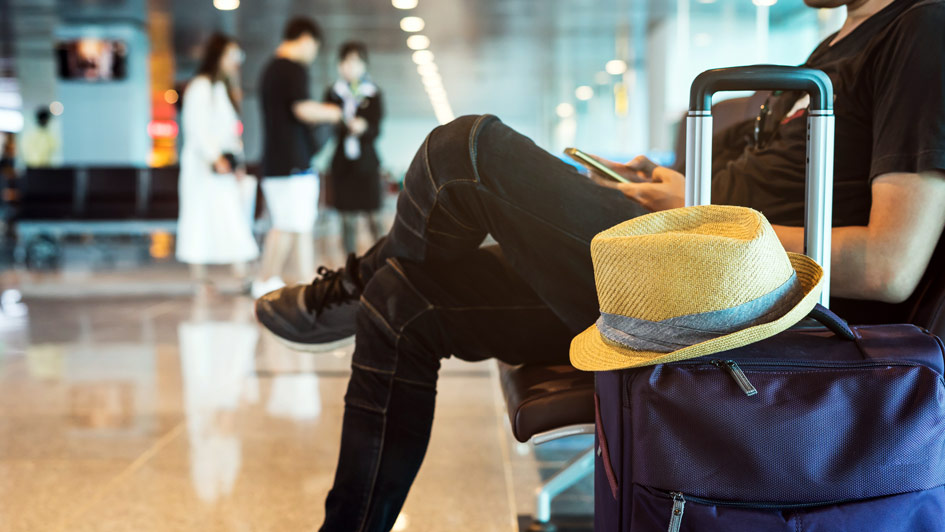
Between a tropical vacation or a long trip for work, taking a trip means making plans for your heating and cooling system. You don't need it while you’re away, so you can adjust the temperature as needed to conserve your energy use. At the same time, you shouldn't just turn it off for the entire time you're out of the house.
For the most part, it’s better to leave your HVAC system on and just raise or lower depending on whether it's winter or summer. That way you can minimize energy costs without having to worry about getting back to an uncomfortable home. We’ll explain why you should avoid turning your HVAC system off as well as the most energy-efficient thermostat settings for different times of year.
This Is Why You Shouldn’t Leave Your Thermostat on Hold
While you could be tempted to shut your HVAC system down before a trip, this could end up causing costly problems by the time you come back. This is particularly true in case the weather will be severely hot or cold while you’re away from home.
As an example, shutting the HVAC system down in the summer can produce very high humidity. Not only will your home feel muggy and uncomfortable when you come back, but it may have also invited mold/mildew growth or pest infestations.
And in the winter, letting your house get cold could lead to pipes freezing up or even bursting. It’s exhausting to get home from a nice trip only to come across extensive water damage near a broken pipe.
Energy-Efficient Thermostat Settings While at Work
You can optimize the temperature even as you come and go to work. Because you’re out of the house for about 8 hours or longer, it doesn’t seem sensible to keep an empty home heated or cooled as if you were there. As a general rule, it’s encouraged to adjust the thermostat by 5 degrees or so. Meaning that if you prefer a comfortable 72 degrees, consider increasing it to 76-77 while you’re out.
But you can save even more if you're open to further adjusting the temperature. According to the Department of Energy, you could save around 10% on your HVAC costs by making an adjustment of 7-10 degrees.
Ideal Thermostat Settings While on a Trip in Summer
If you're on an extended trip in the heart of summer, you can make bigger adjustments. This ensures you don’t waste energy while still safeguarding your home from the problems that come with leaving it without air conditioning. Around 5 degrees is appropriate for brief trips while a larger adjustment of 10 degrees is best if you’ll be out of town for 2 weeks or longer. If you enjoy keeping the house at 72 in the summer, 78-82 can offer great results.
Ideal Thermostat Settings While on Vacation in Winter
To figure out the ideal thermostat setting for a winter trip, consider lowering the temperature by the same amount you would raise it in summer. 68 is a common winter thermostat setting, so adjusting to 63-58 will protect your plumbing while restricting how often your furnace runs.
Smart Thermostats Are Even Better: Advantages of a Smart Thermostat
An ideal strategy to manage your home’s HVAC system while out of the house is by investing in a smart thermostat. This advanced type of programmable thermostat employs intelligent software to monitor your typical comfort habits. It applies these preferences and makes automatic changes to the schedule for maximum energy efficiency. And with Wi-Fi integration, you can remotely control your HVAC system from a smartphone or tablet.
Smart thermostats are packed with features to help you save on your energy bill. For example, certain models can monitor electricity prices to boost heating or cooling when prices are more affordable. They can also work with high-efficiency, variable-speed equipment to optimize how long your HVAC system has to run. It’s the perfect tool to streamline how you use your comfort system. If you’re thinking about investing in a smart thermostat, there are different ways you can lower your costs, effectively getting a smart thermostat for free. The next time you are away from home, you can receive true peace of mind that your HVAC system won’t stir up any trouble while you’re away from home.
